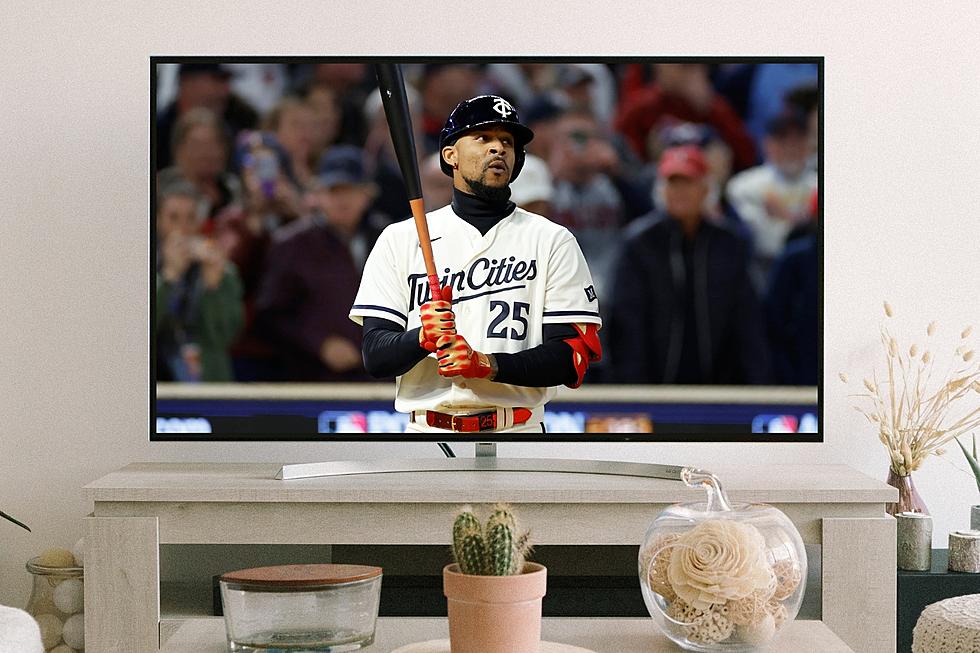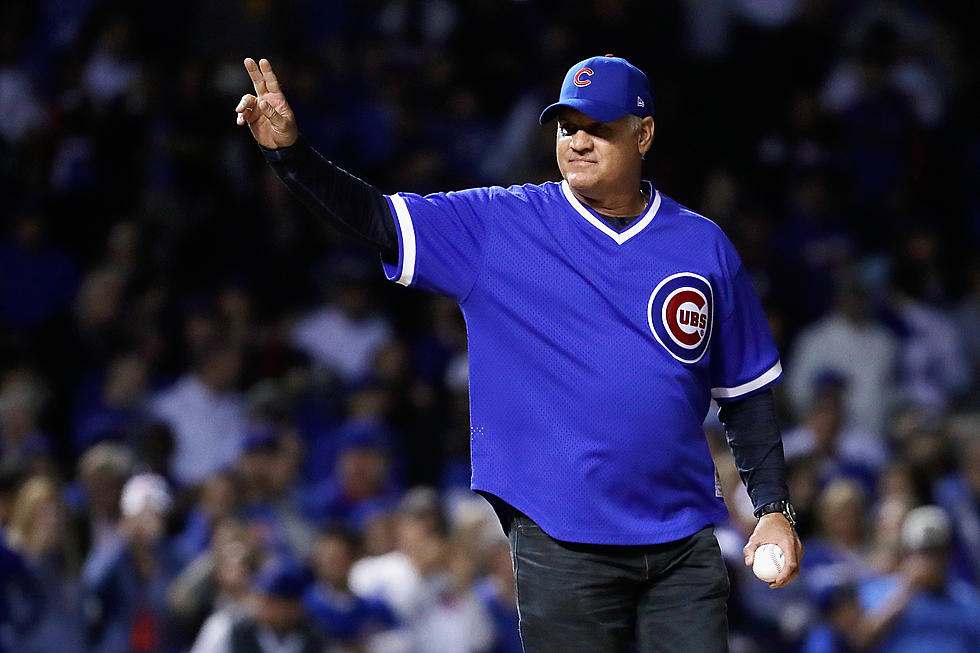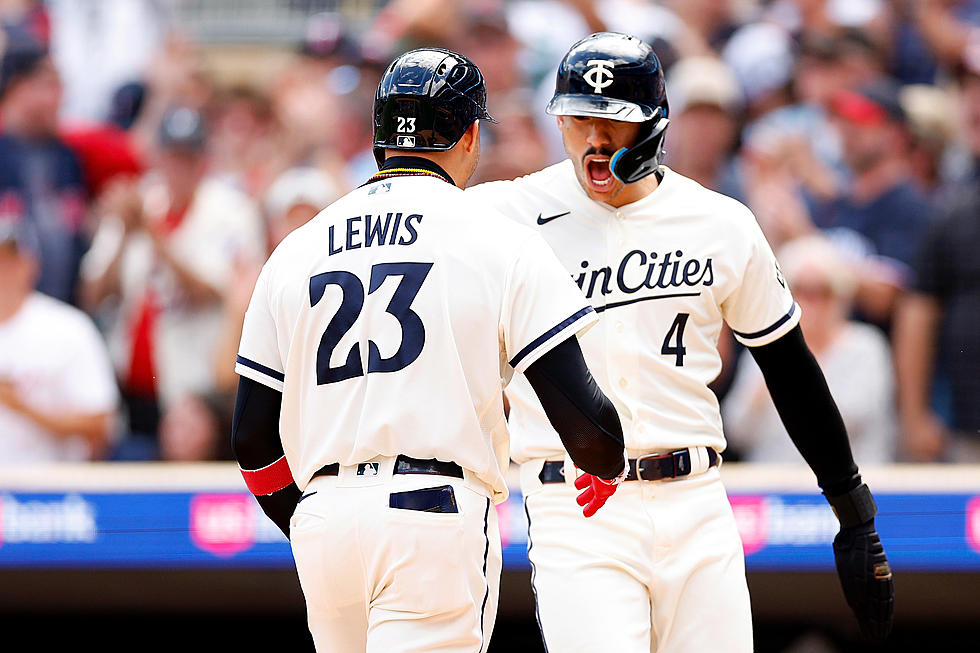
Do Umpires Change Their Strike Zones in Extra Innings?
When the Minnesota Twins and Cleveland Indians played 16 innings in Puerto Rico last night (April 18), it was a long night for everyone involved.
The game lasted five hours and 13 minutes. 24 different position players were used while 17 pitchers combined to make 259 pitches.
In the end, the Twins came out victorious, prevailing 2-1 on a Ryan LaMarre RBI single.
But while the players had chances to catch their breath in the dugout while their team was at bat, there were four people on the field at Hiram Bithorn Stadium who were on their feet the entire night - Stu Scheurwater, Gary Cederstrom, Roberto Ortiz, and Eric Cooper - the umpires working the game.
That quartet endured nearly two games worth of action in one night. Which begs the question: do umpires change how they call a game if it goes into extra innings?
As a baseball purist, I would hope not. But as a human being it would be understandable if they loosened things up just a bit to try and move the game toward a slightly swifter conclusion.
There's now eight years of evidence to prove that that's exactly what happens.
FiveThirtyEight.com looked at Major League Baseball strike zone data from 2008-2016 through a very narrow window - balls and strikes called in the bottom halves of extra innings.
Here's what the research showed:
On the left, the score is tied, but the home team has a man on base. Under that scenario, umpires showed a much greater tendency to shrink the strike zone, making it more favorable for the home team to find a way to plate that run, and end the game. Advantage 27 percent to the home team.
On the right, the home team is behind in the bottom of an extra inning and therefore more likely to lose. In that case the strike zone tends to expand, making it easier for the visiting team to close things out and get the umps to their post game meal. The data shows that road teams grab a 33 percent edge here.
I guess the bigger question is intent. Do umpires knowingly make this adjustment when we get to 'bonus baseball' or does it happen subconsciously?
We'll probably never know the answer, but you'll probably never watch an extra inning game the same ever again.
More From KSOO-AM / ESPN Sioux Falls









